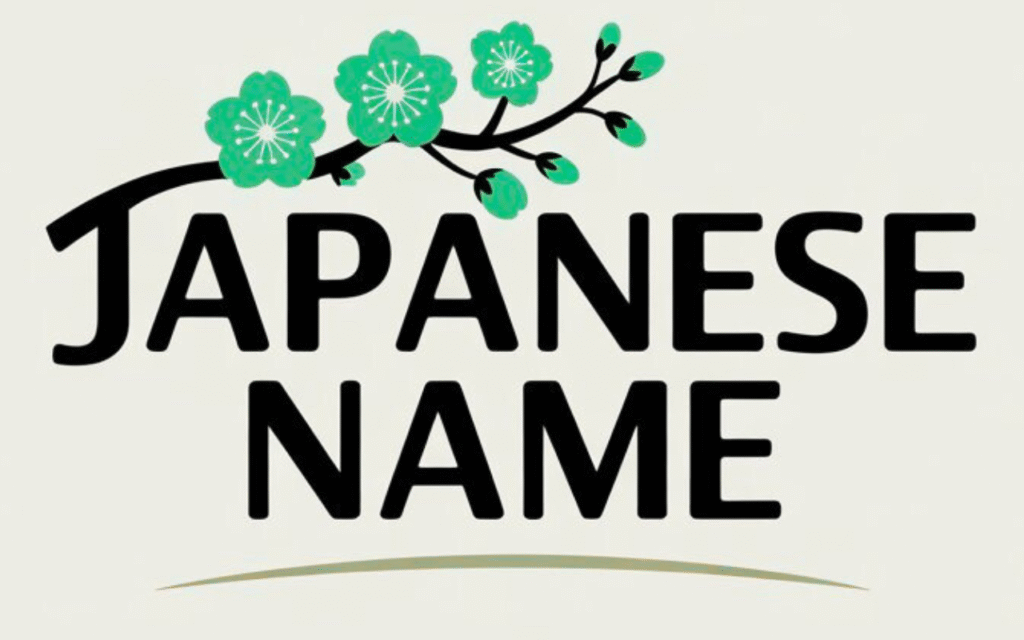Choosing kanji that age well
Practical advice on selecting kanji that remain appropriate across a lifetime.

Explore meanings, kanji, readings and cultural notes across thousands of names — practical for parents, writers, creators and developers.
Dive into carefully curated Japanese names by type.
Try fun and useful tools to find or create your perfect Japanese name.
Discover thousands of unique names, learn their meanings, and experience the culture.
Explore NowHandpicked examples to give you an immediate sense of style and meaning.
A concise workflow so you can get meaningful results without the guesswork.
Choose gender preference, style (modern/classic/nature) and kanji priority (simple/meaning).
Generate a short list of candidates and compare kanji variants, readings and popularity notes.
Confirm kana reading, consult a native speaker for pitch, and check kanji permitted by your local registry if registering.
Short notes on current naming tendencies and what they mean for usability and style.
Botanical and elemental kanji (花, 空, 海) remain popular because they carry clear imagery.
Short readings like Sora, Ren and Yui are favored for ease of pronunciation abroad.
Mixing one meaningful kanji with one phonetic/flow kanji is a common approach to balance meaning and sound.
Feedback from authors, parents and developers who use the tool.
“Fast shortlist generation and clear kanji notes saved our team weeks of research while naming characters for our game.”
— Aya K., Game Writer“We used the shortlist feature to compare names with our family surname. The kanji variants and registration tips were invaluable.”
— H. Suzuki, Parent“Great resource for writers who need plausible Japanese names with accurate readings and cultural context.”
— M. Patel, NovelistShort reads to help you understand kanji selection, pronunciation and registration basics.
Practical advice on selecting kanji that remain appropriate across a lifetime.
Current favourites and their most common kanji variants.
An overview of municipal rules and the permitted-kanji list.
Subscribe for monthly highlights: new names, naming trends, and featured guides.
Common questions about the name generator, kanji, readings and practical checks. Click a question to expand the answer.
These are suggestion outputs. Official registration requires checking permitted kanji and local municipal rules. If you plan to register a name in Japan, confirm the exact kanji and reading with the relevant city/ward office prior to filing documents.
No — the tool prioritises established readings and common kanji pairings. Invented readings (creative ateji) can be fine for fiction but may cause real-world difficulties in registration, pronunciation, or digital input.
Both approaches are valid. If meaning matters, choose kanji expressing your concept, then find a matching reading. If sound is primary, select common kanji with that reading. Many users combine the two (one kanji for meaning, one for sound/flow).
Checklist: confirm the kana reading, check kanji commonness and stroke complexity, test the full name with the surname aloud, consider likely nicknames, consult a native speaker for pitch/accent if needed, and verify kanji legality for registration.
Yes. Many kanji compounds allow multiple readings depending on family tradition or region. That’s why saving the intended kana (hiragana/katakana) is important when accuracy matters.
For official use, map unfamiliar sounds to the closest Japanese syllable and write in katakana. For fiction, you can preserve the original in parentheses, but expect phonetic compromises for readability and registration.
Yes — the tool supports favourites and shortlist export (CSV or share link). Save exact kana and kanji per item so collaborators see the intended reading and meaning.